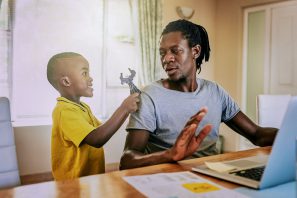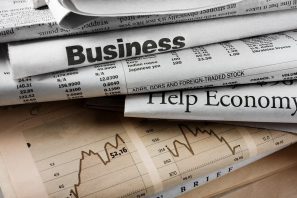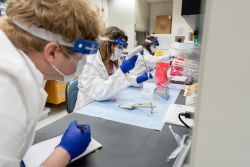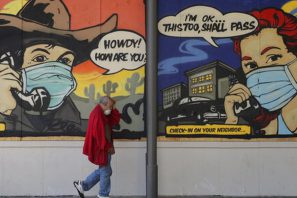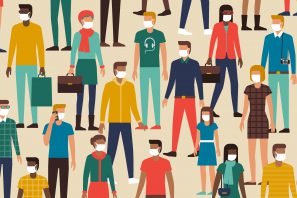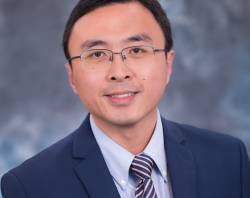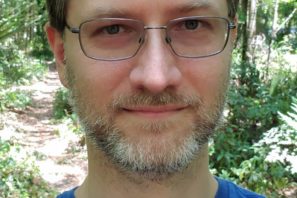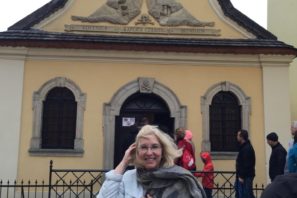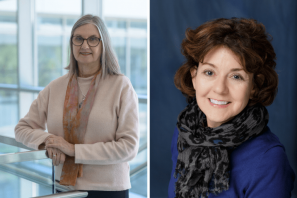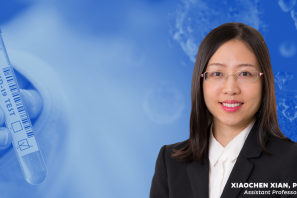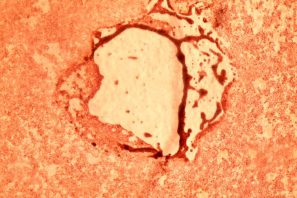While popular destinations are slowly reopening and tourism is beginning to pick up in some spots, the impact of the pandemic on the industry has been nothing short of devastating.
Assistant Professor Michelle Cardel
For many of us, the COVID-19 pandemic has brought plenty of novelty to our lives, like wearing masks and physical distancing. One aspect, though, gave financial economists déjà vu, and it’s looking a lot like 2008.
David P. Norton, Ph.D., has spent nearly a decade building a collaborative, leading-edge research environment at the University of Florida. But as the number of coronavirus cases began to swell in Florida this spring, Norton and his leadership colleagues faced a daunting challenge: how to pause — and then restart — research at UF’s 16 colleges in Gainesville and dozens of facilities statewide.
Cindy Prins, a clinical associate professor of epidemiology at the University of Florida's College of PHHP, weighs in on the benefits of wearing a face mask during COVID-19.
A UF/EPI professor helped develop a model that estimates slightly more than half of COVID-19 transmission is due to people with no symptoms. A third or more of these cases would need to be isolated, in addition to most symptomatic cases, to quell the pandemic.
UF Engineering researcher Eric Jing Du received a NSF RAPID Grant to study how people can have improved responses to future global crises.
Dr. Tom Hladish, research scientist in the Department of Biology and EP, was called upon by the Florida Department of Health (DOH) to advise on its COVID-19 response.
The COVID-19 pandemic has drawn attention to the importance of the historical record of infectious disease and the importance of cultural practices, then and now.
Researchers at the McKnight Brain Institute are working to provide resources for people with substance use issues that may have been negatively impacted in relation to COVID-19.
Xiaochen Xian, Ph.D., an assistant professor for UF ISE, is working on research to develop a way to administer mass testing for COVID-19.
A trio of interdisciplinary UF researchers are searching for genes that either hasten or thwart the growth of SARS-CoV-2 virus inside a human host. Their results may contribute to the search for a COVID-19 drug or therapeutic arsenal.


